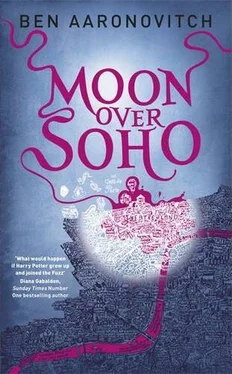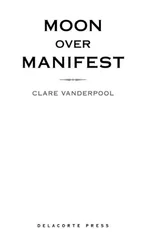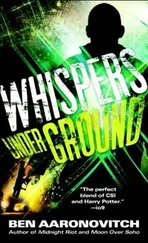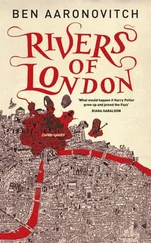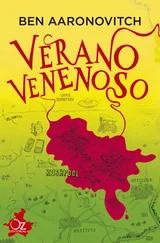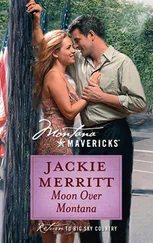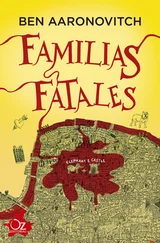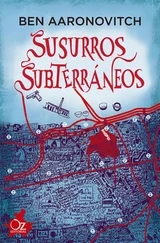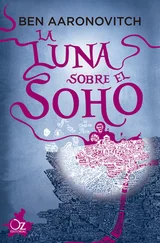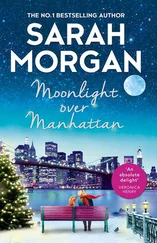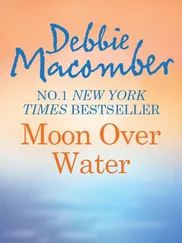I doubted I was searching for the vengeful spirit of Reichsmarschall Hermann Göring, but it wouldn’t hurt to check just in case.
Mum turfed us out of the bedroom so she could change. I made more tea and we sat in the living room.
“Next thing I know,” said Dad, “I’ll be looking for gigs.”
“With you on keyboard?”
“The line is the line,” said Dad. “The instrument is just the instrument.”
The jazzman lives to play.
My mum came out of the bedroom in a sleeveless yellow sundress and no headscarf. She had her hair quartered and twisted into the big plaits that made my dad grin. When I was a kid, Mum used to relax her hair every six weeks like clockwork. In fact, every weekend saw someone — an aunt, a cousin, a girl from down the road — sitting in the living room and chemically burning her hair straight. If I hadn’t gotten off at the year-ten disco with Maggie Porter, whose dad was a dread and whose mum sold car insurance, and who wore her hair in locks, I might have reached adulthood thinking that a black girl’s hair naturally smelled of potassium hydroxide. Now, personally I’m like my dad — I fancy it au naturel or in braids — but the first rule about a black woman’s hair is you don’t talk about a black woman’s hair. And the second rule is you don’t ever touch a black woman’s hair without getting written permission first. And that includes after sex, marriage, or death for that matter. This courtesy is not reciprocated.
“You need a haircut,” said Mum. And by haircut she meant, of course, shaved short enough for my scalp to tan. I promised her that I’d take care of it, and she stalked into the kitchen to make dinner.
“I was a war baby,” said Dad. “Your nan was evacuated before she had me and that’s why my birth certificate says Cardiff. Luckily for you she unevacuated us back to Stepney before the end of the war.” Or we might have been Welsh, in my dad’s eyes a fate worse than Scottish.
He said that growing up in the London of the late 1940s it was like the war was still going on in people’s heads, what with the bomb sites, the rationing, and the patronizing voices of the BBC Home Service. “Minus the high explosives of course,” said Dad. “In them days people still talked about Bowlly getting blown up on Jermyn Street or Glen Miller’s plane going missing in ’44. Did you know he was a proper American air force major?” said Dad. “To this day he’s still listed as Missing in Action.”
But to be young and talented in the 1950s was to live on the cusp of change. “First time I heard ‘Body and Soul’ was at the Flamingo Club,” Dad said. “It was being played by Ronnie Scott just when he was becoming Ronnie Scott. The Flamingo Club in the late ’50s was a magnet for black airmen down from Lakenheath and other U.S. bases.
“They wanted our women,” said Dad. “And we wanted their records. They always had the latest stuff. It was a match made in heaven.”
Mum came in with dinner. We were always a two-pot family, one for Mum and a considerably less spicy pot for Dad. He also likes slices of white bread and marge rather than rice, which would be just asking for heart trouble if he weren’t as skinny as a rake to start with. I was a two-pot child, both rice and white bread, which explains my chiseled good looks and manly physique.
Mum’s pot was cassava leaf while Dad had lamb casserole. I opted for the lamb that evening because I’ve never liked cassava leaf, especially when Mum drowns it in palm oil. She uses so much pepper that her soup turns red and I swear it’s only a matter of time before one of her dinner guests spontaneously combusts. We ate off the big glass coffee table in the middle of the living room with a plastic bottle of Highland Spring at its center. There were pink paper napkins and bread sticks in cellophane wrappers that Mum had swiped from her latest cleaning job. I marged up some bread for Dad.
As we ate I caught my mum looking at me. “What?” I asked.
“Why can’t you play like your father?” she asked.
“Because I can sing like my mother,” I said. “But fortunately I cook like Jamie Oliver.”
She gave me a smack on the leg. “You’re not so big I can’t beat you,” she said.
“Yeah, but I’m so much faster than I used to be,” I said.
I actually don’t remember the last time I sat down with Mum and Dad for a meal, at least not without half a dozen relatives present. I’m not even sure it happened that much when I was a kid. There was always an auntie, an uncle, or an evil LEGO-stealing younger cousin, not that I’m bitter, in the house.
When I brought this up, Mum pointed out that said LEGO-stealing cousin had just commenced an engineering degree at Sussex. Good , I thought, she can jack somebody else’s LEGO . I pointed out that I was officially a detective constable now and working for a hush-hush branch of the Metropolitan Police.
“What do you do there?” she asked.
“It’s secret, Mum,” I said. “If I tell you I have to kill you.”
“He does magic,” said my dad.
“You shouldn’t keep secrets from your mum,” she said.
“You don’t believe in magic, do you, Mum?”
“You shouldn’t make jokes about these things,” she said. “Science doesn’t have all the answers, you know.”
“It’s got all the best questions, though,” I said.
“You are not doing these witchcraft things, are you?” Suddenly she was serious. “I worry about you enough as it is.”
“I promise I am not consorting with any evil spirits or any other kind of supernatural entity,” I said. Not least because the supernatural entity I’d have most liked to consort with was currently living in exile up the river at the court of Father Thames. It was one of those tragic relationships: I’m a junior policeman, she’s the goddess of a suburban river in South London — it was never going to work out.
Once we were finished, I volunteered for the washing up. While I was using half a bottle of Sainsbury’s own brand washing-up liquid to scrub off the palm oil, I could hear my parents talking in the next room. The TV was still off and my mum hadn’t spoken to anyone on the phone for over three hours — it was beginning to get a little bit Fringe. When I finished, I stepped out to find them sitting side by side on the sofa holding hands. I asked if they wanted more tea, but they said no and gave me strange identical, slightly distant smiles. I realized with a start that they were dying for me to leave so they could go to bed. I quickly grabbed my coat, kissed my mum good-bye, and practically ran out of the house. There are some things a young man does not want to think about.
I was in the lift when I got a call from Dr. Walid.
“Have you seen my email yet?” he asked.
I told him I’d been at my mum’s house.
“I’ve been collating mortality statistics for jazz musicians in the London area,” he said. “You’ll want to have a look as soon as you can — phone me tomorrow once you’ve done that.”
“Is there something I should know now?”
The lift doors opened and I stepped out into the tiled lobby. The evening was warm enough to allow a couple of kids to loiter by the main doors. One of them tried to give me the eye but I gave it right back and he looked away. Like I said, it’s my manor. And besides, I used to be that boy.
“From the figures I have, I believe that two to three jazz musicians have died within twenty-four hours of playing a gig in the Greater London area in the last year.”
“I take it that’s statistically significant?”
“It’s all in the email,” said Dr. Walid.
We hung up just as I reached the Asbo.
To the tech-cave, I thought.
Читать дальше
